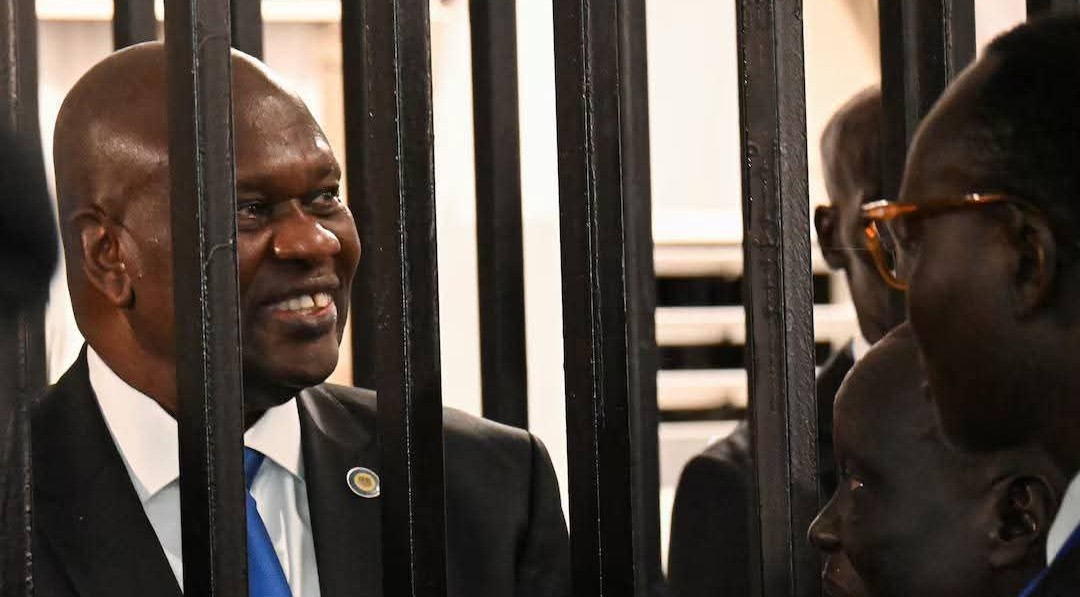
The politically sensitive trial of First Vice President Dr. Riek Machar and several senior SPLM-IO officials resumed Wednesday under sweeping new restrictions, with private media barred from entering the courtroom and individuals carrying smartphones turned away at the door.
The special court, convened in Juba to examine serious political and security-related allegations against Machar and his allies, has entered a crucial stage as prosecutors continue to present evidence and bring forward new witnesses.
Defense lawyers are expected to cross-examine key testimonies in the coming sessions.
Despite the high public and diplomatic interest surrounding the case, courtroom access has been severely tightened.
Security officers stationed at the entrance of the heavily guarded facility strictly enforced an unprecedented directive banning smartphones and recording devices, a move officials said was aimed at protecting the integrity of the proceedings.
“No phones are allowed inside — anyone carrying one will not be admitted,” one security officer told journalists gathered outside, where several reporters were denied entry following the new orders.
The clampdown also extended to the press, with all private media houses prohibited from observing the trial or providing live coverage.
Only a small group of diplomats, court observers, and pre-approved individuals from civil society were allowed inside under close supervision.
The trial, one of the most closely watched legal and political events since South Sudan’s independence, revolves around accusations linked to a series of political and security incidents under investigation by the special court.
The opaque handling of the proceedings, however, has drawn growing criticism from rights groups and legal analysts, who warn that restricting press access and public scrutiny could undermine confidence in the judicial process.
As proceedings continue under an escalating climate of secrecy and security, the trial is being closely watched both domestically and internationally.
Many view the outcome as a crucial test of South Sudan’s commitment to rule of law and political accountability amid ongoing tensions within the country’s fragile power-sharing government.

